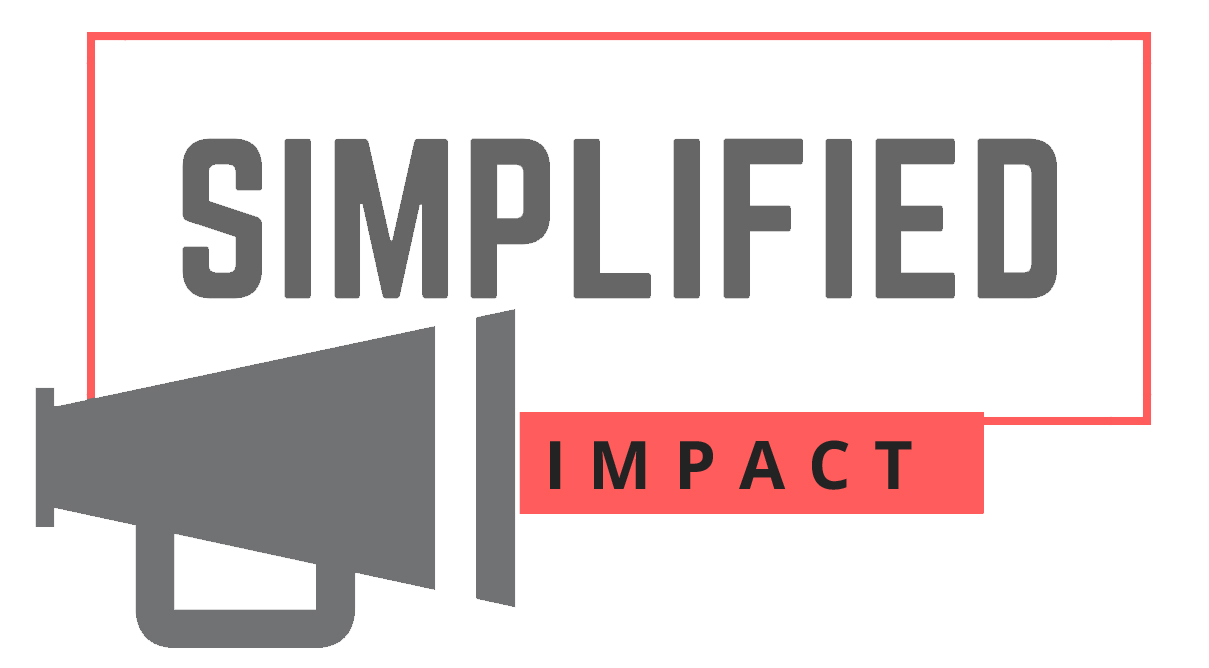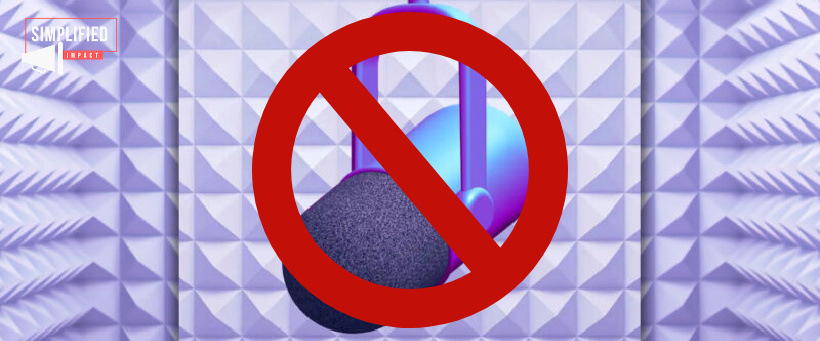When it comes to creating top-notch podcasts, sound quality is king. That’s it. People will tell you not to fuss over audio quality and just make a podcast. They’re wrong. Here’s a novel idea: audio – in an AUDIO BASED MEDIUM – matters. It’s the most important factor to a listening experience – hands down. But do it the right way.
Please, for the love of Steve Jobs, DO NOT use Adobe Enhance Speech, also known as the Adobe Audio Enhancer.
What is the Adobe Audio Enhancer/ “Adobe Enhance Speech”?
Adobe Enhanced Speech, the so-called “miracle” software tool by Adobe, claims to salvage even the most abysmal recordings by magically transforming them into studio-grade, professional-quality speech. No matter how badly muffled, reverberated, or filled with artifacts the original input may be, this tool promises to work wonders.
Users are lured in with the promise of convenience. They can simply upload their subpar mp3 or wav files, up to a whopping hour in length and a gigabyte in size, and witness the seemingly rapid conversion process. Once converted, users are granted the privilege of toggling between the transformed version and the original, as if to witness the miracles performed by this AI-powered tool firsthand.
In its beta phase, this software is generously offered to the public free of charge. It boasts of being utilized in the restoration of old movies and the creation of supposedly professional-quality podcasts and narrations, catering to those who lack access to decent microphones or proper recording equipment.
But let’s not be fooled by the illusion of grandeur. While Adobe Enhanced Speech may entice the desperate and gullible, its true capabilities and long-term efficacy remain questionable.
Why Should You NOT Use Adobe Podcast Audio Enhancer In Your Podcast Editing?
As creators, we strive for professional audio fidelity that captivates our audience and immerses them in our content. While Adobe is renowned for its creative software and editing tools, including the tempting Audio Enhancer, it’s crucial to examine whether this tool truly lives up to its promise of enhancing your audio recordings sound quality.
SPOILER ALERT:
In this article, we’ll dive into the reasons why discerning creators, who genuinely care about their audio’s fidelity, might want to think twice before embracing Adobe’s AI Audio Enhancer when they edit audio in the post production process.
Adobe Audio Enhancer Overzealous Enhancements:
When it comes to audio enhancement, finding the sweet spot between improvement and distortion is crucial. However, the Adobe Audio Enhancer frequently falls into the trap of overzealousness, leading to exaggerated enhancements in the audio tracks that can detract from the overall listening experience.
Imagine, if you will, you tune into a podcast, eager to immerse yourself in the host’s engaging conversation. But instead, you’re bombarded with every breath, pause, and background noise that is unnaturally amplified to an uncomfortable level. It’s like having someone turn up the volume on a conversation to the point where it becomes overwhelming and distracting. The intended content gets overshadowed, lost amidst the cacophony of amplified minutiae.
The result is an overpowering, inedible mess that completely masks the delicate flavors you initially sought to enhance. Similarly, the Adobe Audio Enhancer’s propensity for excessive amplification can drown out the natural nuances and subtleties of a podcast’s audio and sound effects, leaving listeners struggling to focus on the essence of the content.
For a podcast host who values a nuanced listening experience, where the emphasis lies on the clarity of the message rather than artificially boosted elements, the Audio Enhancer can hinder rather than enhance their sound quality goals. It’s essential to exercise caution and strike the right balance between enhancement and maintaining the integrity of the original audio by using the right podcast editing software.
This is not to say the editing in Adobe Audition is sub par. In fact, it’s the best podcast editing software for any audio editor on the market – but the Adobe Audio Enhancer is the wrong tool to use within Adobe Audition.
The Adobe Podcast Audio Enhancer Cookie-Cutter Approach:
Podcasting is a diverse landscape where creators showcase their unique voices, styles, and content. It’s an art form that thrives on individuality and authenticity, enabling creators to craft podcast episodes that resonate with their specific audiences. Unfortunately, Adobe’s Audio Enhancer falls short in embracing this artistic essence by adopting a one-size-fits-all approach for audio files.
The Audio Enhancer’s reliance on standardized filters and presets overlooks the distinctive characteristics that make each podcast’s audio and video file special. It treats every podcast as if they were cut from the same cloth, resulting in a homogenization of sound. It’s like taking the Mona Lisa and applying some IG filter with a duck face because that’s what all the cool kids are doing.
This homogenization dilutes the essence of podcasts, erasing the very factors that make them stand out from the crowd. It fails to consider the diverse range of content, genres, and creative choices that creators pour into their podcasts. By applying generic presets, the Audio Enhancer limits the potential for podcasts to express their true personality, hindering the creative vision that creators strive to achieve.
Each podcast deserves to be treated as a distinct entity, with its own sonic landscape and individual style. Embracing the authenticity and uniqueness of each podcast is essential for creators who value the artistry of their work. While a one-size-fits-all approach may offer convenience, it sacrifices the opportunity for podcasts to shine in their own light and connect with audiences on a deeper, more personal level.
The Loss of Control In Podcast Editing:
Creators pour their heart and soul into shaping their podcast content, meticulously crafting each word and audio element. Yet, Adobe’s Audio Enhancer arrogantly snatches control from the creators, leaving them powerless in the editing process. Operating on its high-and-mighty automated system, this tool audaciously analyzes and modifies audio based on its own algorithms.
But let’s be clear: it’s like having an obnoxious know-it-all 17 year old kid invade your creative sanctuary. Your carefully crafted words, painstakingly arranged, are unceremoniously rearranged by this dopey barely pubescent self-proclaimed expert, resulting in a distorted and mangled representation of your intended message.
Creators who value the meticulous art of audio editing, who take pride in every fine-tuned detail, rightfully see the Audio Enhancer as an unwelcome intruder. It barges in, trampling on their creative autonomy, leaving little room for personalization and the subtleties that make their podcasts unique. This invasive tool imposes its robotic will, heedless of the creative intentions and nuances that creators so carefully infuse into their audio.
For those who refuse to relinquish control over their artistic expression, the Audio Enhancer is nothing but an overbearing tyrant, an unwelcome guest at the creative table. It diminishes the essence of the creator’s work, replacing it with a soulless and mechanized version that lacks the finesse and personalized touch that valuable artistry demands.
The Fidelity Factor:
Podcasting demands impeccable sound quality and unwavering fidelity. However, the Audio Enhancer, in its misguided pursuit of enhancement, often becomes a culprit in sabotaging the very essence of what creators strive to preserve. With its aggressive noise reduction algorithms and unwarranted processing, this tool carelessly ravages your audio, sacrificing its natural warmth and authenticity.
Picture this: you painstakingly craft a masterpiece, pouring your heart and soul into every word and sound. But then, along comes the Audio Enhancer, wielding its digital brush recklessly, adding excessive brushstrokes that obfuscate the true beauty of your creation. The result? Your once vibrant and captivating audio is rendered artificial and lifeless, devoid of the nuances and subtleties that made it unique.
For creators who value fidelity and the integrity of their audio, the Audio Enhancer is a dubious companion at best. It bulldozes over the delicate balance between enhancement and preserving the natural essence, leaving behind a trail of destruction in its wake. Its excessive processing and overzealous noise reduction undermine the very qualities that make your audio authentic and engaging.
If fidelity is your priority, steer clear of the Audio Enhancer’s clutches. Instead, opt for tools that understand the delicate art of preservation and enhancement, allowing your podcast’s true beauty to shine through without being marred by heavy-handed algorithms and misguided ambitions.
While Adobe’s Enhanced Speech may initially seem like a promising tool for improving sound quality, it’s vital to consider its potential pitfalls. For creators who genuinely care about their audio’s fidelity and value individuality, the Audio Enhancer’s tendency towards excess, homogenization, loss of control, and compromised fidelity may prove to be significant deterrents. Ultimately, in the quest for sonic brilliance, it’s vital to explore alternative options that offer more tailored and nuanced approaches to enhancing your podcast’s sound quality. After all, your podcast deserves to be heard with all its unique qualities intact, captivating listeners and leaving them eager for more.
Need help editing your audio? Want your podcasts to be handled by actual human experts? We can help! We’ll make you look good, sound good, and make sure people can find you. Get in touch with us here




